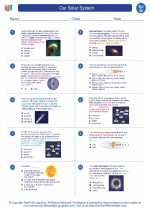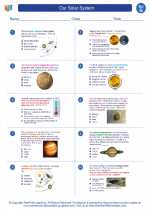Antidepressants
Antidepressants are a class of medications used to treat depression and other mood disorders. They work by altering the levels of certain chemicals in the brain, such as serotonin, dopamine, and norepinephrine, which are thought to be involved in regulating mood.
Types of Antidepressants
There are several different types of antidepressants, including:
- Selective serotonin reuptake inhibitors (SSRIs): These are the most commonly prescribed antidepressants and include drugs like fluoxetine, sertraline, and paroxetine.
- Serotonin and norepinephrine reuptake inhibitors (SNRIs): Examples of SNRIs include venlafaxine and duloxetine.
- Tricyclic antidepressants (TCAs): TCAs were one of the first types of antidepressants developed and include medications like amitriptyline and nortriptyline.
- Monoamine oxidase inhibitors (MAOIs): These are an older class of antidepressants and are usually only prescribed when other medications have not been effective. Examples include phenelzine and tranylcypromine.
- Atypical antidepressants: This category includes medications that don't fit into the other classes, such as bupropion and mirtazapine.
How Antidepressants Work
Antidepressants work by increasing the levels of neurotransmitters in the brain, which can help improve mood and reduce symptoms of depression. Different types of antidepressants target different neurotransmitters, which is why they may be prescribed based on an individual's symptoms and medical history.
Common Side Effects
While antidepressants can be effective for many people, they may also cause side effects. Some common side effects of antidepressants include:
- Nausea
- Weight gain or loss
- Insomnia or drowsiness
- Sexual dysfunction
- Headaches
- Agitation or restlessness
Important Considerations
It's important for individuals taking antidepressants to follow their doctor's instructions carefully and to be aware of potential interactions with other medications or substances. Additionally, it's essential to communicate openly with a healthcare provider about any concerns or side effects experienced while taking antidepressants.
Study Guide
Here are some key points to remember about antidepressants:
- Antidepressants are medications used to treat depression and other mood disorders.
- There are several different types of antidepressants, including SSRIs, SNRIs, TCAs, MAOIs, and atypical antidepressants.
- These medications work by altering levels of neurotransmitters in the brain, such as serotonin, dopamine, and norepinephrine.
- Common side effects of antidepressants include nausea, weight changes, sleep disturbances, and sexual dysfunction.
- It's important for individuals taking antidepressants to communicate openly with their healthcare provider and follow their instructions carefully.
◂Science Worksheets and Study Guides Seventh Grade. Our Solar System

 Activity Lesson
Activity Lesson
 Activity Lesson
Activity Lesson
 Worksheet/Answer key
Worksheet/Answer key
 Worksheet/Answer key
Worksheet/Answer key
 Worksheet/Answer key
Worksheet/Answer key
 Worksheet/Answer key
Worksheet/Answer key
 Vocabulary/Answer key
Vocabulary/Answer key
 Vocabulary/Answer key
Vocabulary/Answer key
 Vocabulary/Answer key
Vocabulary/Answer key
